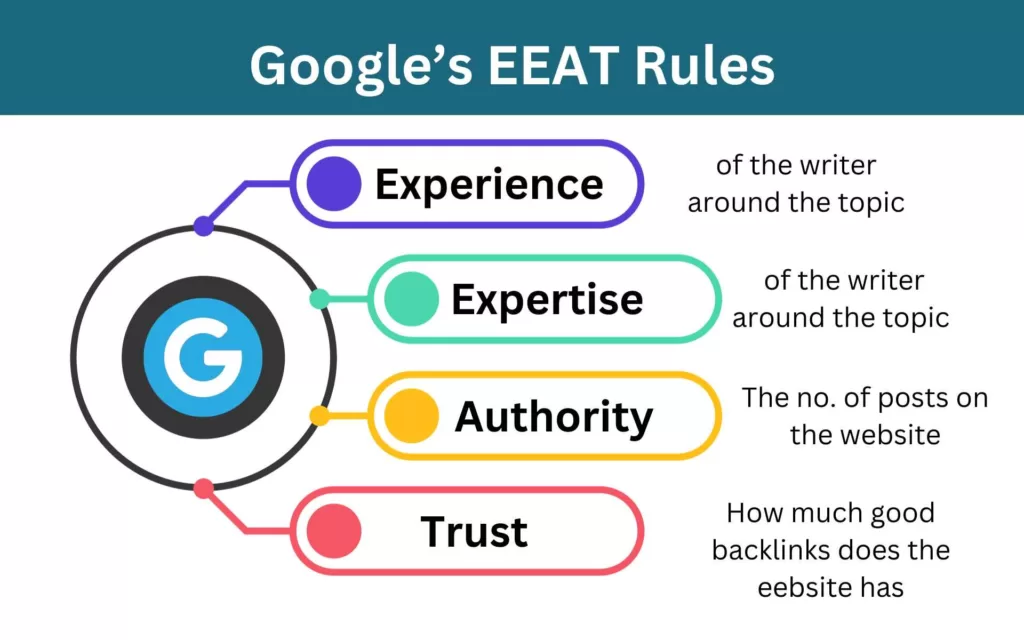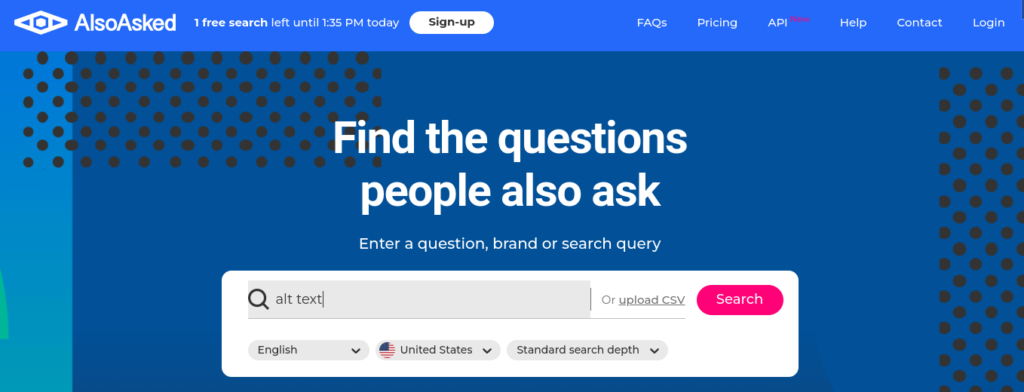Long-tail keywords add depth(context, explanation, FAQs) to the content that you already have on your website. By adding depth, they make your website more authoritative in front of Google and therefore add to your EEAT rankings.
A higher EEAT rating put together with a couple of decent backlinks, could easily propel your website to rank higher on Google.
What are Long-Tail Keywords?
Long Tail keywords are those phrases that dive deeper into any topic or seek to address specific concerns around that topic.
For example, if we consider a topic on books, the word “Fiction Books” is the main or short-tail keyword while the search phrase “Top 10 Fiction Books From Victorian Era” is a long-tail keyword.
Note how the long tail keyword dives deeper into the main topic of fiction books.
Long-tail keywords not only add more depth to the content available on your website but also helps you gain topical authority. This topical authority, an integral part of your EEAT is a critical ranking factor on Google.
Long-tail Keywords Add Depth
Long-tail keywords are those topics that go in-depth and are more specific in explaining a core topic.
For example, for the core keyword “geography books“, a long-tail keyword would be “Best Geography Books for Undergrad Level“. Note that it contains the core keyword and goes in-depth to explain which geography books are the best for the undergrad level.
These keywords add depth to the content that is already present in your website by explaining a core topic in a specific manner.
Long-tails Help Increase Your Google Rankings

Google depends on EEAT ratings for a website to consider it fit for the Google search engine. EEAT stands for Experience, Expertise, Authority, and Trust.
The scope of this article is limited to Authority, however you can read the full article on EEAT.
Authority is the measure of how a website can be a go-to source for a certain topic. Google ranks websites in order of how much they match with the EEAT guidelines.
The authoritativeness of a website is usually seen from the fact that how many SEO-optimized articles the website has on a given topic. The more high-quality articles the website has on a certain topic, the higher its EEAT rating should be and, therefore, its Google ranking.
In my experience as an SEO, I have observed that since 2018 it takes at least 100 in-depth pages (or articles) at least to be considered an authority over that certain topic. The number varies from topic to topic and even reaches 1000+ articles for some YMYL niches.
Best Usage of Long-tail Keywords
The best way to use long-tail keywords is through a combination of content clusters, internal links, and external links. Posting standalone articles that do not have links to other pages around the same topic will not help in getting a good EEAT score.
To make the best use of long-tail keywords, make sure that it has a central core topic, and there are several long-tail articles that are linked to the core topic as well as with each other. This helps google index all the articles and group them together, which in turn helps boost your EEAT score.
How to do Long Tail Keyword Research?
Also Asked
Also Asked is a premium keyword research tool but also has a free plan for users. The tool is used to search for long tail search queries from Google.
- You just need to enter the short tail keyword.
- Then select the country for which you are performing keyword research.
- After that, you can press enter to search for the keywords.
- There is also an option to increase the search depth which increases the number of related keywords in the search results.

Google Search
At the end of each Google search page, you will find a list of keywords that are related to your search term. Those search terms are also long-tail keywords. You can pick them to create additional articles.
However, do not use those terms for a single skyscraper article. If you use multiple related keywords in a single article, it would amount to keyword stuffing which is a black hat SEO practice.
During my initial days as an SEO, we had tanked a crypto news website while creating skyscraper articles with related search terms as subtopics.
Below is an example of related search terms on Google which can also be used for Long-tail Keyword Research.

Quora
Quora is my favorite place for long-tail keyword research because we can get all the related questions in one place. The side panel on the website shows related questions which shows more questions for your long-tail keyword research.
